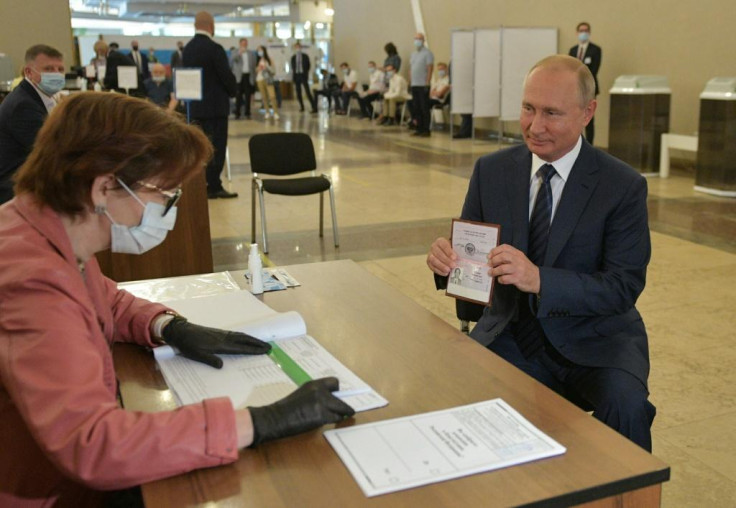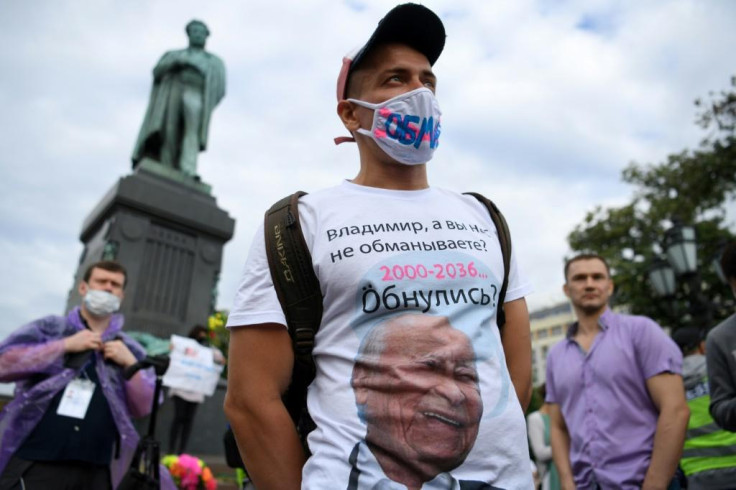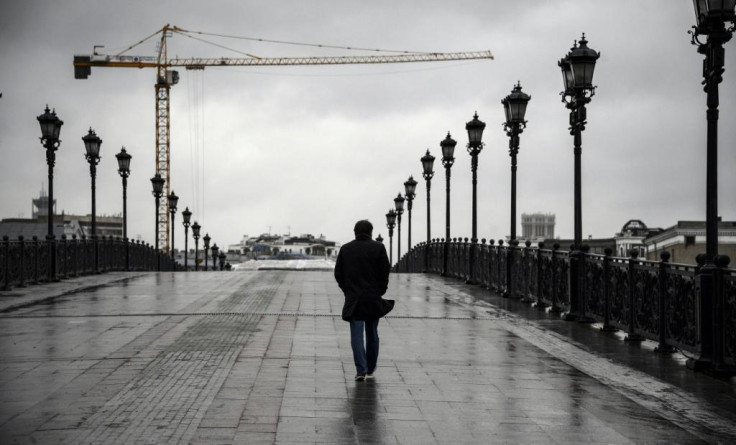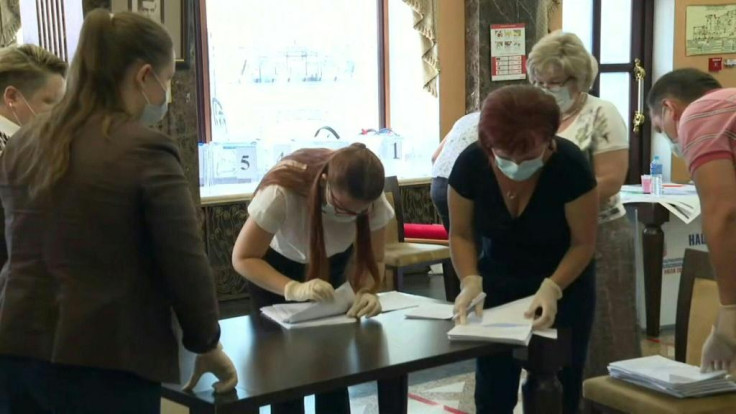After vote extending his rule, Putin risks era of 'stagnation'
Putin has already been in power for 20 years.
President Vladimir Putin urged Russians to envisage the country they wanted to leave behind for their children and grandchildren during a historic vote this week to extend his rule.
But experts say that by pushing back the crucial question of who could someday replace him, Putin risks years of political stagnation that could fuel frustration with the Kremlin.
It was just such an era of stagnation -- the infamous "period zastoya" between the mid-1960s and mid-1980s mainly under Leonid Brezhnev -- that precipitated the end of the Soviet Union and threw Russia into chaos for years.
And like then, leaving Russians without the hope of change could be dangerous.

"The regime's weakness is that it doesn't have a mechanism to transfer power," says Maxim Trudolyubov, editor-at-large of the Meduza news website.
The president's cohort "strongly mistrusts" free and fair elections as a way to decide who may one day rule after Putin, he says.
"They simply pretend they will never die."
Putin, already in power for 20 years as president or prime minister, proposed a package of sweeping changes to the constitution in January that included populist measures to boost pensions and the minimum wage.

They also enshrined conversative values long touted by the Kremlin, with a clause mentioning the country's "faith in God" and another effectively banning gay marriage.
Then Putin, 67, backed a last-minute amendment that would zero his presidential terms limits and allow him to potentially remain in power until 2036, a move critics denounced as a ploy for him to become "president for life".

For political analyst Tatiana Stanovaya, the changes went beyond just resetting Putin's presidential term limits.
"We shouldn't underestimate the reforms, all these amendments concerning traditional values, social rights," she says.
"This is a way to cement Russia as it is, the current regime... to institutionalise Putin's legacy."
Russians backed the reforms in a week-long vote that ended Wednesday, with 77.92 percent voting in favour.

Yet the overwhelming "yes" vote comes at a difficult time for Putin and does not reflect unbridled popularity for the Russian leader.
Putin's approval rating has plummeted to historic lows of 59 percent in recent months, partly over the government's early handling of the coronavirus pandemic but also over longstanding economic malaise.
Analysts say Putin wanted to get the vote over with before Russians -- already suffering from several years of falling incomes -- were hit by the full economic impact of the pandemic.
But long term, observers say, the Kremlin may not be up to the task of overhauling the economy and introducing the much-needed changes that would win the president back some of his shrinking popularity.
Putin "is not capable of introducing fundamental economic reforms," says Alexander Titov, a political analyst and professor at Queen's University in Belfast.
"And if he doesn't do it, then there will a gradual decline... like stagnated Brezhnev, with decreasing popularity and legitimacy among the population."
Stanovaya agrees, saying Putin's administration in the coming years will not be able to improve the efficiency of the economy or protect business.
"For Putin, the most important thing now is at least to avoid financial and social crises."
The frustration is particularly felt among younger voters, who independent polls showed were largely opposed to the reforms.
Analysts note that Putin has failed to introduce younger political figures into the fold of the ruling elite and is unlikely to cede power to rising politicians who might introduce reforms that appeal to younger voters.
"Generational change is long overdue in Russia. It's only a matter of time -- when and how," says Trudolyubov.
The Kremlin's determination to keep the status quo could lead to "paranoia for Putin," he added, and "with time, that will make the situation more and more fragile."
"If you withhold this demand for change too long, it will burst in much more radical forms than it would have otherwise."
Copyright AFP. All rights reserved.
This article is copyrighted by International Business Times, the business news leader





















